About Us
PUPS-UAW is an organization by, of, and for Princeton Postdocs and Scholars who want to unionize in order to improve our teaching, research, and employment experience at Princeton. Our work not only benefits the university and the economy, but also has positive impacts worldwide. We work in many different fields and have varied experiences, but our dedication to teaching and research unites us all.

Polina Iamshchinina
Princeton Neuroscience Institute (PNI)
“In addition to my job, which does not guarantee a stable position in the future, I need to deal with ever-growing anxiety of not affording to rent my own place, inability to buy a car, save money, not even mentioning starting a family. I live with three housemates and do not have any family to rely on but myself. Unionizing and fighting together for better income, job security and family-oriented benefits is paramount at this point. For me, this is a struggle for an incredibly interesting and exciting job that I have been hired to do, and I can do it even better by removing the current burdens.”

Arun Kannawadi
Astrophysical Sciences
“Postdocs are a critical resource to any university, especially Princeton. We help grow the students, advance the research profile of the university. Yet, we have no say in the functioning of the university. This needs to change now, and with a union we would have more power to change it.”

Paola Estrada
Molecular Biology
“The lack of affordable housing near Princeton causes uncertainty and stress – we are constantly moving to offset rising costs and continue moving farther away. This jeopardizes our ability to focus on the research we are here to do. With a union we can bargain for salaries that keep pace with the high cost of living and inflation in Princeton.”

Francisco Lara-Garcia
Sociology
“Being unionized as a graduate student made me more confident that discrimination and harassment claims would be taken seriously by the university and allowed us to bargain collectively to secure better benefits.”

João Raimundo
Lewis-Sigler Institute for Integrative Genomics
“Postdocs drive scientific research across the world. Historically, our passion for research and commitment to science has been exploited by research institutions by not providing compensation commensurable with our experience and productivity. The increasing cost of living felt in recent years has pushed this situation to a critical point, especially for postdocs with families or on a visa. Organizing through a union is paramount for guaranteeing a seat at the table and negotiating better working conditions to the benefit of the entire science community.”

Lucia Perez
Astrophysical Sciences
“Postdocs are an enormous force of innovation and research, particularly at Princeton–every single one of us should have the income, benefits, and support from the University needed to lead balanced lives. No-one should have to worry if they’ll still have a job at the end of a short contract, or if they’ll be able to afford another rent increase. Unionization and collective action can give us the power to improve our lives.”

Harrison Ritz
Princeton Neuroscience Institute (PNI)
“My name is Harrison, and I’m a first year postdoc in PNI researching the neural dynamics of attention. As an international scholar my ability to do my research depends on the University’s visa policies and U.S. immigration law. With a union we could negotiate for greater support for international scholars and have a bigger voice in national policy-making so we can focus on our research, and not our immigration status.”

Bernardo Zan
Physics
“My name is Bernardo Zan, and I’m a 4th year postdoc in Physics working on high energy theoretical physics. In my 30s, I had to make the choice between having five housemates in Princeton or spending hours every week commuting. I support a union so we can bargain for more affordable housing and a salary that allows us live near to where we work.”
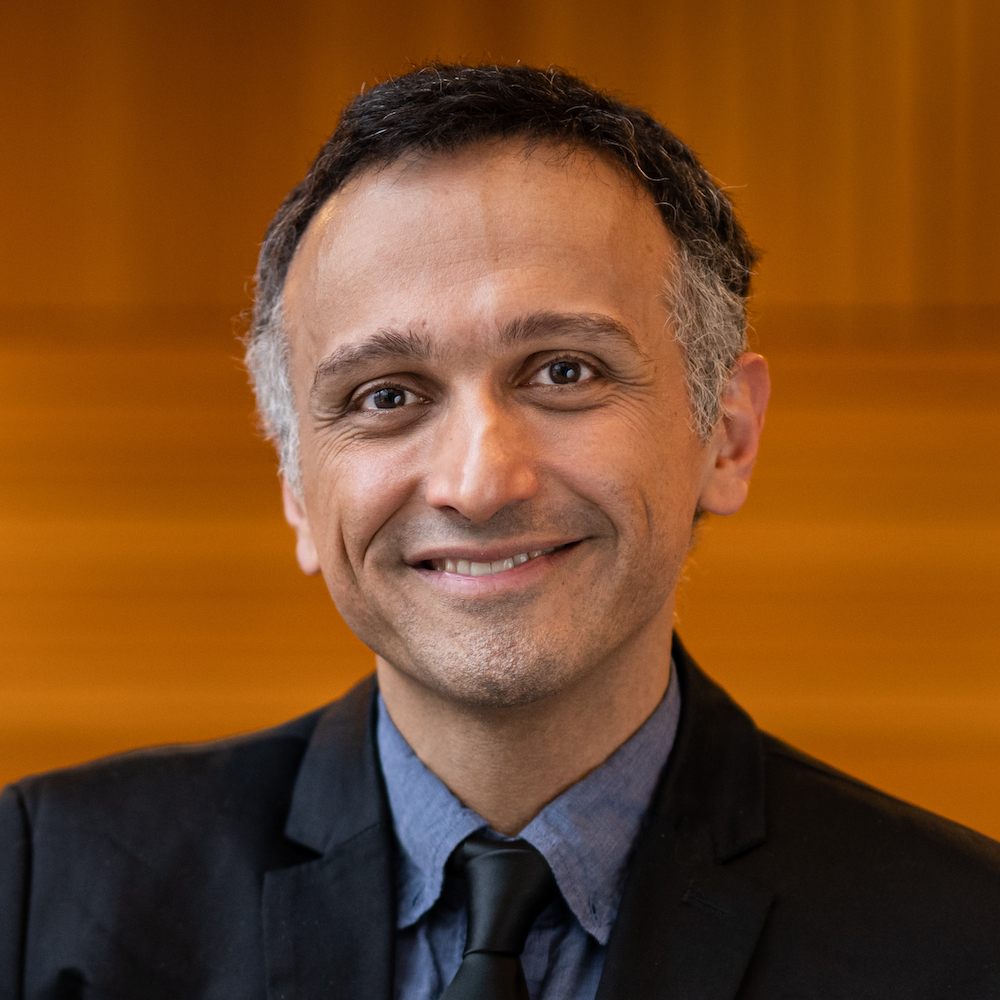
Adel Ardalan
Princeton Neuroscience Institute (PNI)
“When I was a postdoc at Columbia, my work and life experience dramatically improved after we unionized. I would love to repeat that experience at Princeton.”

Evan Russek
Computer Science
“I support a union because, with collective action, postdocs will have more power to shape our working conditions at the university.”

Guillaume Falmagne
High Meadows Environmental Institute (HMEI)
“I manage to live comfortably on my postdoc salary from Princeton because I am in good health, have no kids, and chose to live in a different city and commute. Before postdocs organized to win our recent raise, official university housing cost about two thirds of the minimum postdoc salary. For parents the support given by Princeton is insufficient to cover the cost of childcare causing postdocs to delay having children. By unionizing we can make sure postdocs can afford to thrive during our time at Princeton, regardless of our individual circumstances.”

Rachel Bedder
Princeton Neuroscience Institute (PNI)
“Postdocs move their lives here to produce high quality research. This takes time, but many postdocs in STEM are only given unpredictable, one-year offers of employment, causing unnecessary stress that distracts from research. By unionizing we can negotiate for longer and more stable appointments.”

Manuel Schottdorf
Princeton Neuroscience Institute (PNI)
“It is hard for many of us to focus on science when preoccupied with housing, child care or visa issues. With a union Princeton would be obligated to negotiate with us over improvements in these areas.”
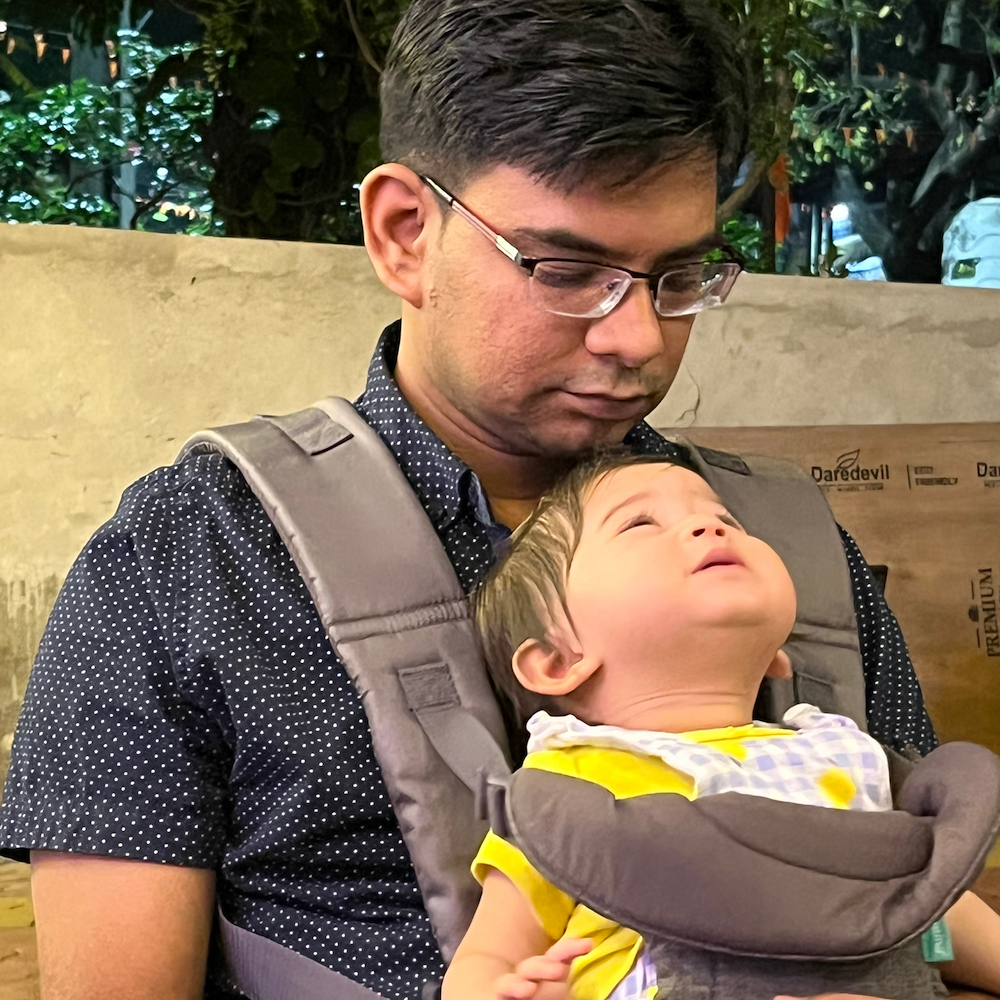
Palas Kumar Farsoiya
Mechanical and Aerospace Engineering
“Collective representation through a union would give our voices more weight and help us better protect our interests. If we don’t do it now it will be a burden on future postdocs and they will have to go through the same suffering as we have.”

Akshaya Nikumbh
Atmospheric and Oceanic Sciences
“I believe that collectively we can achieve so much more! Postdocs at Princeton need a stronger platform to make our voices heard. Forming a union would help us gain a bigger voice in decisions that affect us so we can work to improve our experience at the University.”

Nicolas Sanchez-Rodriguez
Humanities Council
“All postdoctoral researchers have the right to a salary and benefits that allow them and their families to live a good life. I believe organizing is the most powerful means to achieve this fair and necessary goal.”

Jason Khoury
Chemistry
“Right now postdocs at Princeton have no equal say in our working conditions, including pay, healthcare benefits, visa support, and childcare subsidies. Across the country, academic workers have unionized to fight for and win major gains in these areas, and we can work collectively toward that same goal.”

Dan Taranu
Astrophysical Sciences
“It’s clear to me from Princeton’s slow response to pressing issues like rising healthcare costs and the lack of affordable housing that researchers need to organize to demand better. With a union we can win inflation-indexed pay raises, comprehensive benefits and more support for international postdocs adapting to the US. I look forward to being represented by UAW in solidarity with other researchers to push back against unilateral policy changes like the 2020 wage freeze.”

Umut Kamber
Physics
“We bring our skills to Princeton from all over the world, and we deserve support that will let us hit the ground running. However, at Princeton international researchers often face a lack of flexible healthcare options, help with relocation, and assistance finding suitable housing. Each of these complicated issues accumulates and eventually affects the morale of postdoctoral researchers negatively. I support a union so that incoming postdocs can have an easier transition to the US and invest more of our valuable time in our research.”
Lucia Stein-Montalvo
Civil and Environmental Engineering
“As postdocs who bring significant value to the University, we deserve pay that matches our experience, affordable housing, improved healthcare, and institutional assistance with taxes and payroll issues. Given the current momentum toward unionization in academia nationwide, now is the time for Princeton postdocs to unite to demand these changes, so we can focus more on the exciting research we came here to do.”
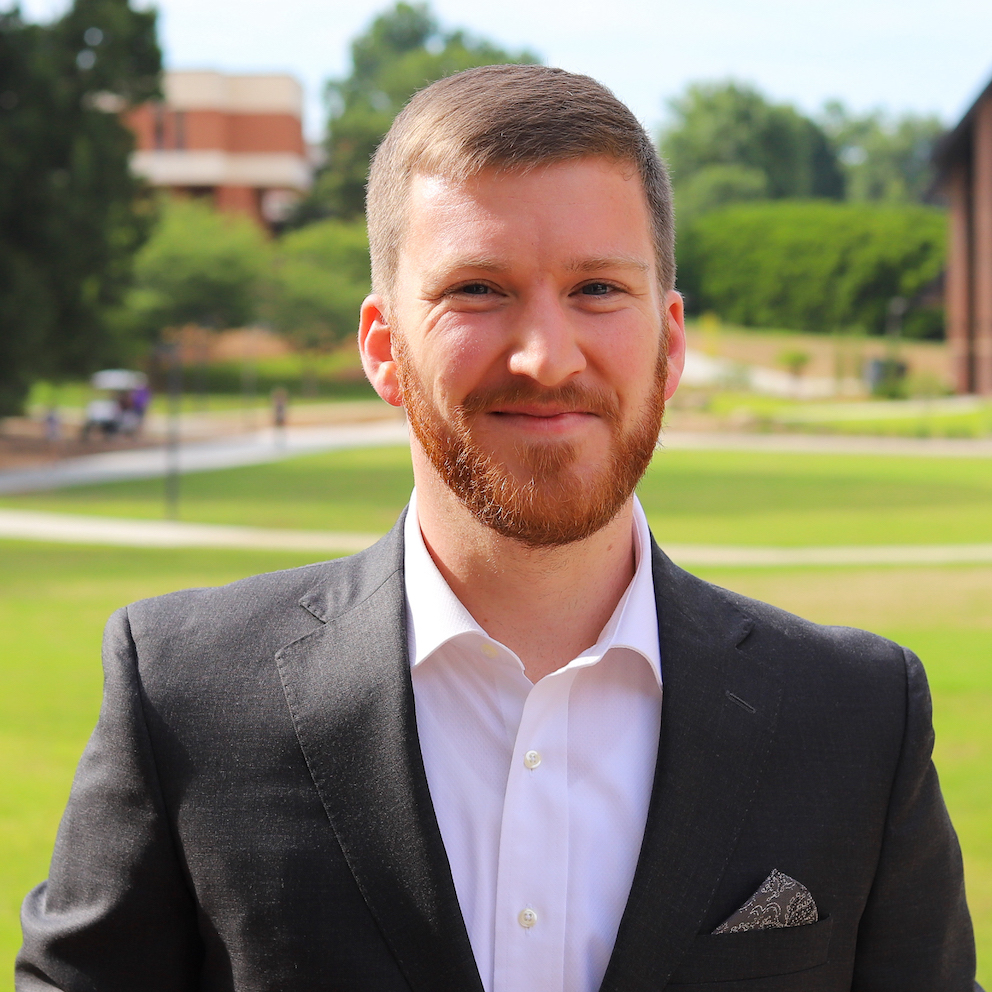
Jeff Lees
Andlinger
“Like many working parents, I cannot afford to raise a family in Princeton. Yet current university policies don’t provide adequate protection for parents, especially those of us working remotely. A union would give us a stronger platform to negotiate for family-friendly policies, including remote work, so all postdocs have the support they need to care for their family while navigating the precarity of temporary academic work.”

Kumaran Coopamootoo
Andlinger + CEE
“Postdocs are critical to the research done at Princeton, and we deserve a salary that matches the high cost of living, decent and affordable university-allocated housing, and better healthcare options, including free mental health support. Collective action seems to be the best way to ensure that the basic needs of postdocs are met.”

Sally Xie
Psychology
“Collective action works. Together, we organized to secure a higher minimum salary for postdocs. Together, we negotiate with Princeton to ensure that postdocs have an audible voice in the decisions that affect our work. Together, we’re joining the national movement of hundreds of thousands of postdocs and grad students participating in collective bargaining across the US.”

Julia Teebken
Center on Contemporary China, Princeton Institute for International and Regional Studies (PIIRS)
“When starting at Princeton, I was struck by the way salaries varied unpredictably by department. This apparent arbitrariness allows for unfair treatment and compounds existing inequalities in academia. With a union we could bargain as equals with the administration to promote greater transparency, and make Princeton more attractive to critical thinkers.”

Judy Kim
University Center for Human Values
“There’s a growing power imbalance between university administrations and the workers who create the value universities run on. I believe that coming together in large numbers to fight for improvements with a unified voice is the best way to ensure real, system-level change.”
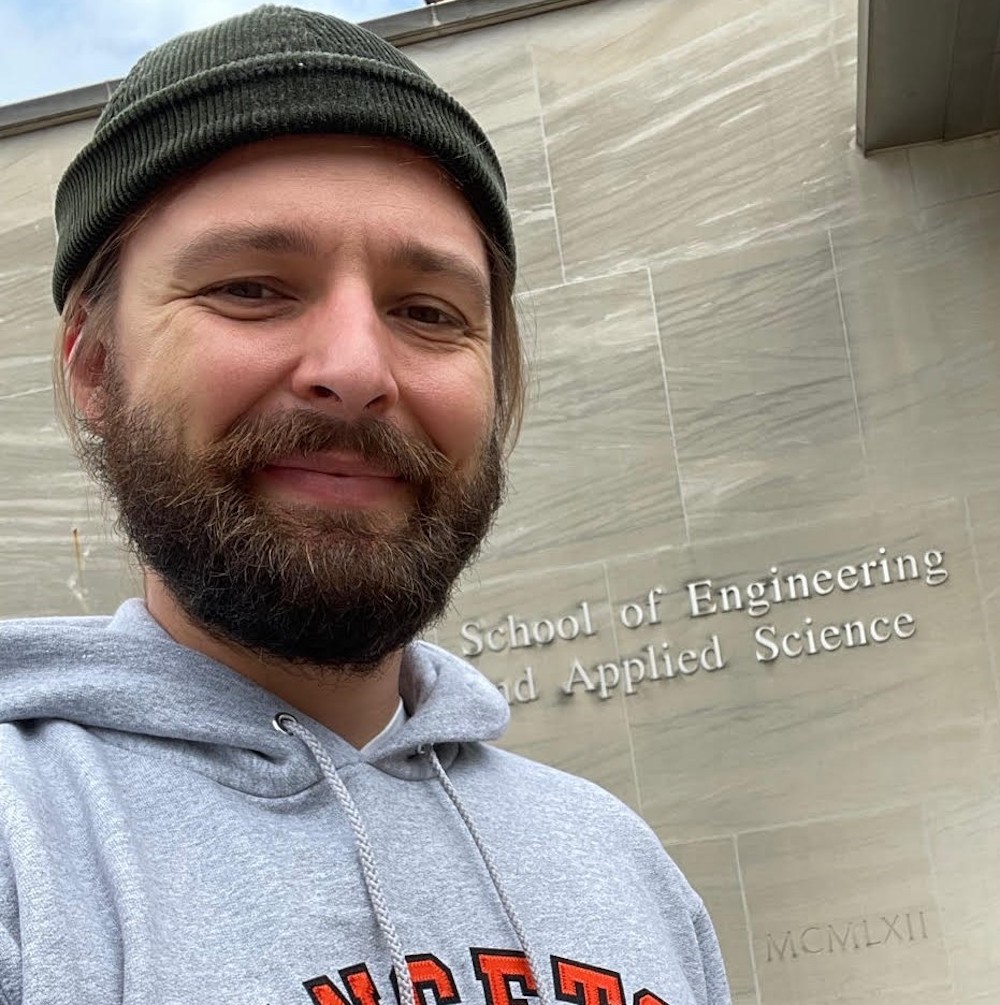
Robert Mieth
Electrical and Computer Engineering
“For many postdocs, the temporary and transitional nature of our positions amplifies a struggle with job, housing, financial, and visa insecurity. With a unified voice for the postdocs and academic workers at Princeton, we can address such issues more effectively and with the priority they deserve.”

Kamesh Krishnamurthy
Physics
“There’s a growing power imbalance between university administrations and the workers who create the value universities run on. I believe that coming together in large numbers to fight for improvements with a unified voice is the best way to ensure real, system-level change.”

Hayk Hakobyan
Princeton Plasma Physics Laboratory (PPPL)
“It is essential for postdocs and research scholars to see themselves in the context of the broader labor movement, especially in the context of the erosion of core values academia is supposed to stand for. Only by standing together and the wider community of laborers in solidarity, we can revitalize academic institutions as the beating heart of social justice while providing the basic needs for academics themselves.”
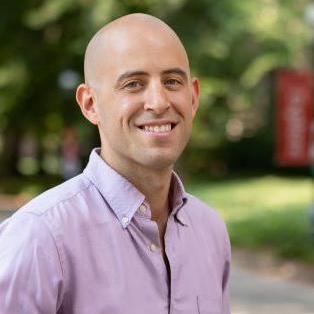
David Kinney
Psychology and UCHV
“Every worker can benefit from a union! I was unionized as a graduate student in the UK, and it yielded tangible benefits in several disputes with the university over stipend pay. Postdocs and other academics typically love what we do, but it doesn’t mean we should tolerate exploitation. I believe the only way to ensure that we’re treated fairly is to organize.“

Mika Diamanti
Princeton Neuroscience Institute (PNI)
“Postdocs are not trainees, we are highly-skilled workers. We deserve salaries that match our hard work, much more than what we earn currently. We can achieve this through having a greater say in decisions that concern our jobs and our future, and by negotiating an enforceable contract.”

Paul Scotti
Princeton Neuroscience Institute (PNI)
“As postdocs many of us are in a precarious stage of our careers. By working together we can create more stable situations for our peers and promote a more conducive environment for groundbreaking research and career development. With a strong postdoc union, we can negotiate collectively for improved working conditions, better benefits, and enhanced support systems.“

Seth Akers-Campbell
Princeton Neuroscience Institute (PNI)
“I am grateful for the opportunity to contribute to cutting-edge research at Princeton University. However, the financial stress of moving to and living in the Princeton area can be overwhelming. Many postdocs cannot function efficiently without additional support for childcare, housing, and visa issues. Unionization would give us more power to ensure that the university recognizes our essential contributions and addresses our concerns.”

Sina Tafazoli
Princeton Neuroscience Institute (PNI)
“Having a postdoc union would allow us to improve our lives at Princeton and beyond. It means standing up for our rights as workers, strengthening the position of immigrants at the national level, and increasing equality across our society.“
